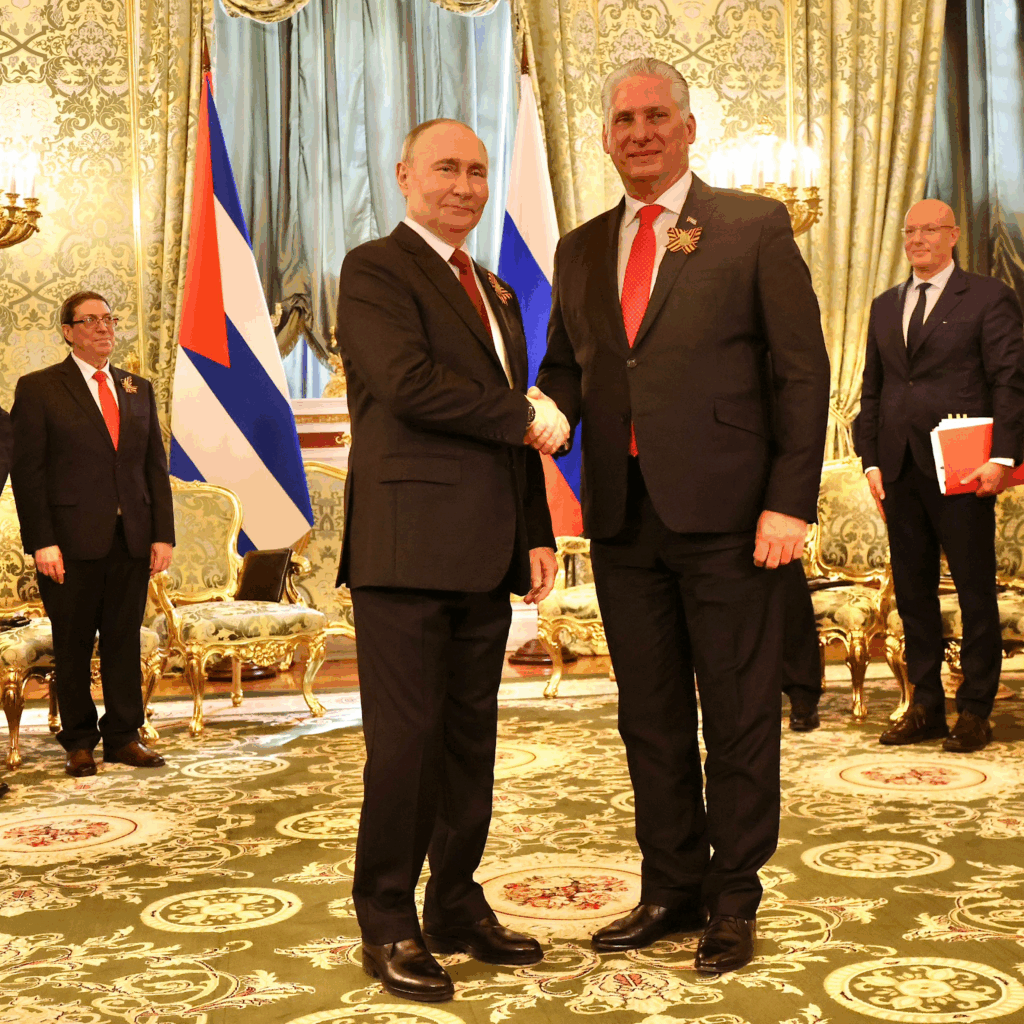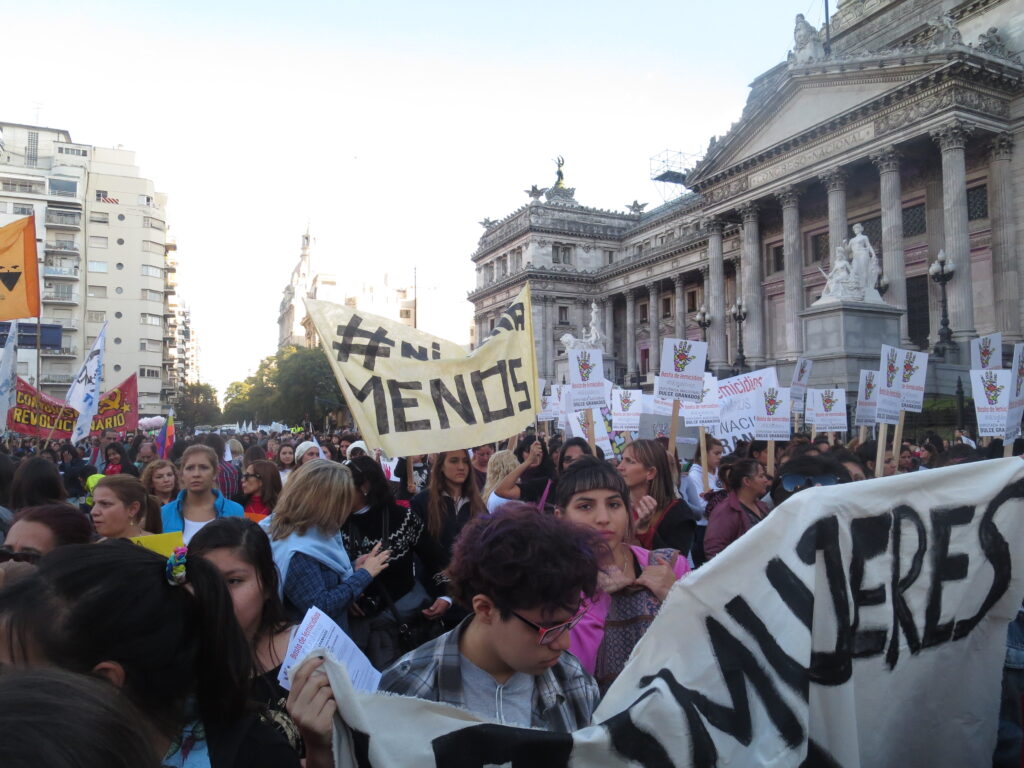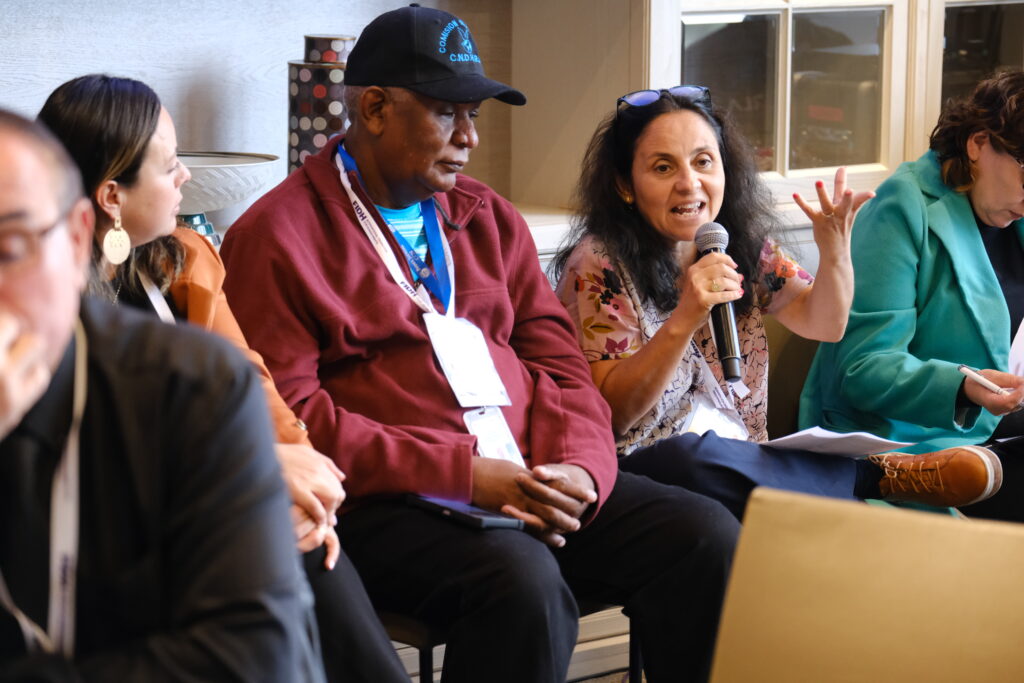For the 33rd year in a row, the United Nations General Assembly overwhelmingly condemned the United States’ economic embargo against Cuba, a policy rooted in the early days of the Cuban Revolution. The vote, a yearly ritual, highlights the enduring international pressure on Washington to lift the decades-old restrictions.
The embargo, first implemented in 1960, effectively prohibits nearly all trade between the two nations, creating significant hardship for the Cuban people. While exceptions exist, the broad restrictions limit Cuba’s access to vital goods and markets, impacting its economy and daily life.
This year’s vote saw 165 nations supporting the resolution, with only seven opposing. Twelve nations chose to abstain, a slight shift from the previous year when the opposition was even more limited. This subtle change signals a growing, though still minority, willingness to align with the American position.

The United States has actively campaigned to sway the vote, dispatching diplomats to numerous countries with a specific message: Cuba’s alleged support for Russia in the ongoing conflict in Ukraine. A leaked State Department cable revealed the administration’s concerns and instructions to lobby against the resolution.
At the heart of the American argument lies the accusation that Cuba is providing military assistance to Russia. While Cuban President Miguel Díaz-Canel has publicly expressed admiration for Vladimir Putin and criticized NATO’s role in the war, the Cuban government vehemently denies any direct military involvement.
Adding another layer to the complexity, Cuba has initiated legal proceedings against its own citizens suspected of fighting as mercenaries in Ukraine. Authorities claim to be investigating 40 individuals in nine separate cases, demonstrating a stated commitment to preventing its nationals from participating in the conflict.
Ukraine, however, paints a drastically different picture, estimating that as many as 20,000 Cubans may have been recruited by Russia. The U.S. assessment, while still concerning, places the number closer to 5,000, fueling the diplomatic firestorm.
The tensions erupted openly during the UNGA debate, with U.S. Ambassador Mike Waltz delivering a scathing critique of the Cuban government, labeling it “illegitimate” and demanding improvements in human rights and living conditions. His words ignited a furious response from Cuban Foreign Minister Bruno Rodríguez Parrilla.
Rodríguez Parrilla interrupted Waltz with a sharp rebuke, denouncing his comments as “uncivilized, rude and gross.” The exchange underscored the deep animosity and lack of trust between the two nations, playing out on the world stage.
The fallout from the vote was immediate and severe for Cuba’s relationship with Ukraine. On the very same day, Ukraine announced the closure of its embassy in Havana and a downgrading of diplomatic ties, citing Cuba’s “inaction” regarding the recruitment of its citizens for the Russian military.
Ukrainian officials accused Cuba of complicity in Russia’s aggression, arguing that its failure to halt the flow of fighters to the conflict zone was unacceptable. This decisive action signals a significant deterioration in relations between Havana and Kyiv, further complicating the geopolitical landscape.



